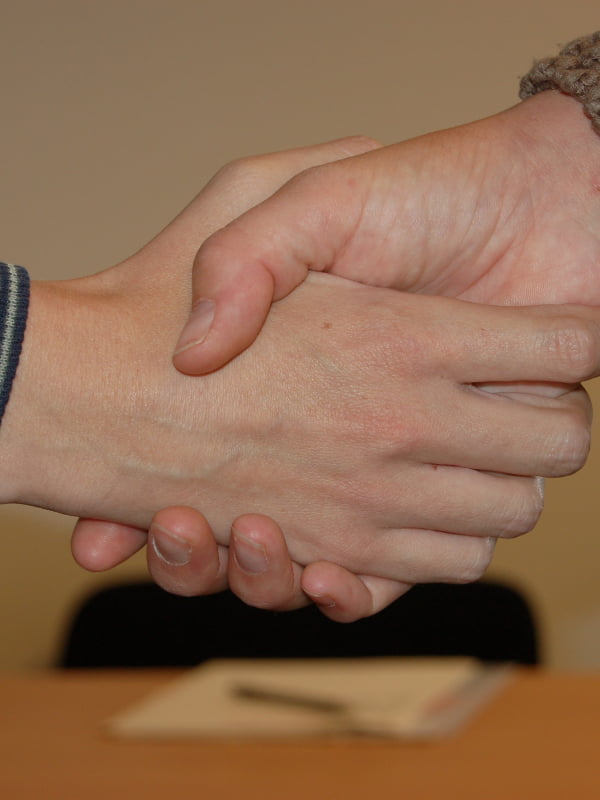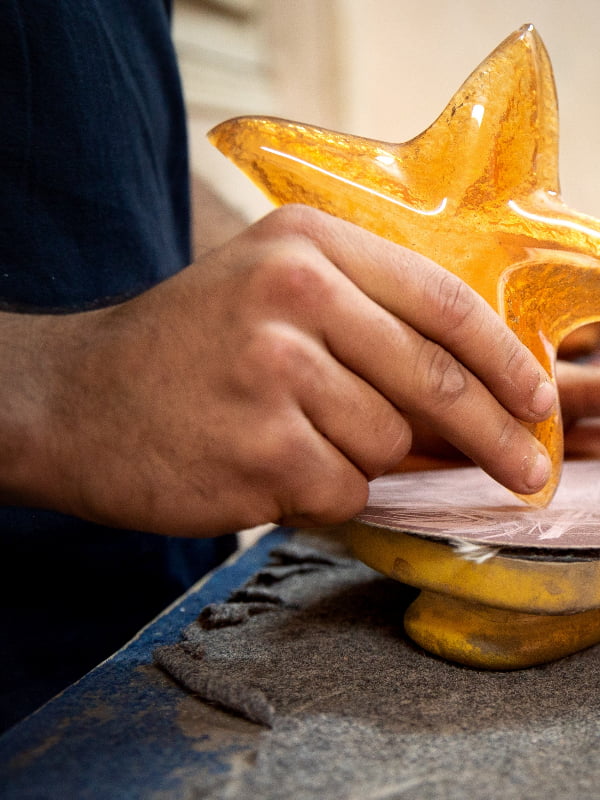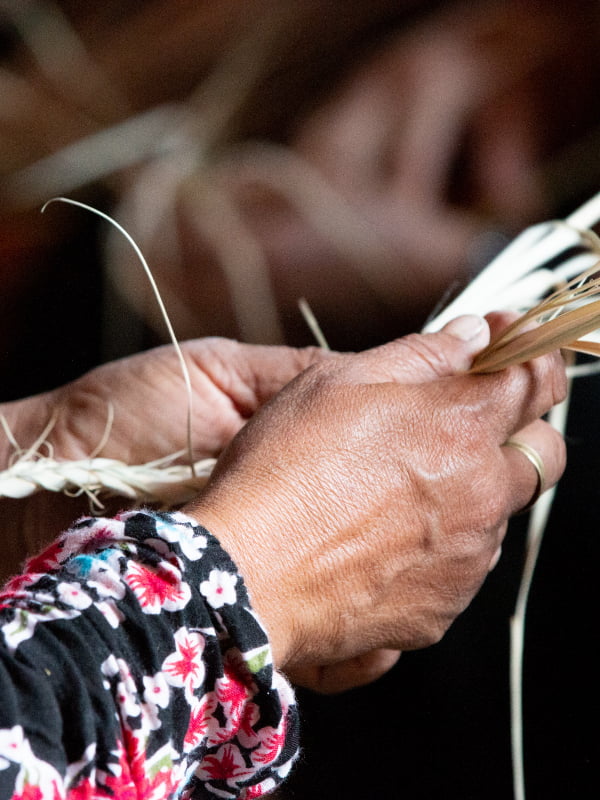Green Deals and MIA\Vamil
There are plenty of innovative initiatives from society to accelerate the transition to a sustainable economy. With Green Deals, the Cabinet of the Netherlands supports these initiatives.
Businesses, local and regional authorities, social organisations and citizens sometimes encounter resistance when they implement sustainable initiatives. The Green Deals approach is to remove obstacles, so that initiatives are realised (more quickly).
The Contribution of central government
Together with the parties involved, the central government seeks solutions by:
- offering space for experiments;
- adapting legislation and regulations;
- bringing parties together and assuming control;
- creating a support base; and
- linking with other policy areas.
Help with implementing a Green Deal
A Green Deal does not support initiatives financially. But, there are 2 schemes that do sometimes help to implement a Green Deal:
- MIA (the environmental investment allowance)
- Vamil (the random depreciation of environmental investment scheme)
The flywheel effect of Green Deals
The ultimate goal for Green Deals is to set a solid ‘flywheel’ in motion. More and more initiatives will then benefit from this flywheel effect. The Green Deal is a joint approach by the Ministries of
- Economic Affairs and Climate Policy;
- Infrastructure and Water Management; and
- Agriculture, Nature and Food Quality.
Sometimes other ministries are also involved.
Different Green Deals themes
Since 2011, there have been more than 230 concluded Green Deals. These Green Deals had more than 1750 participants.
The central themes are:
- energy
- food
- water
- raw materials
- biodiversity
- mobility
- bio-based economy
- climate
- construction
- Ministry of Infrastructure and Water Management



